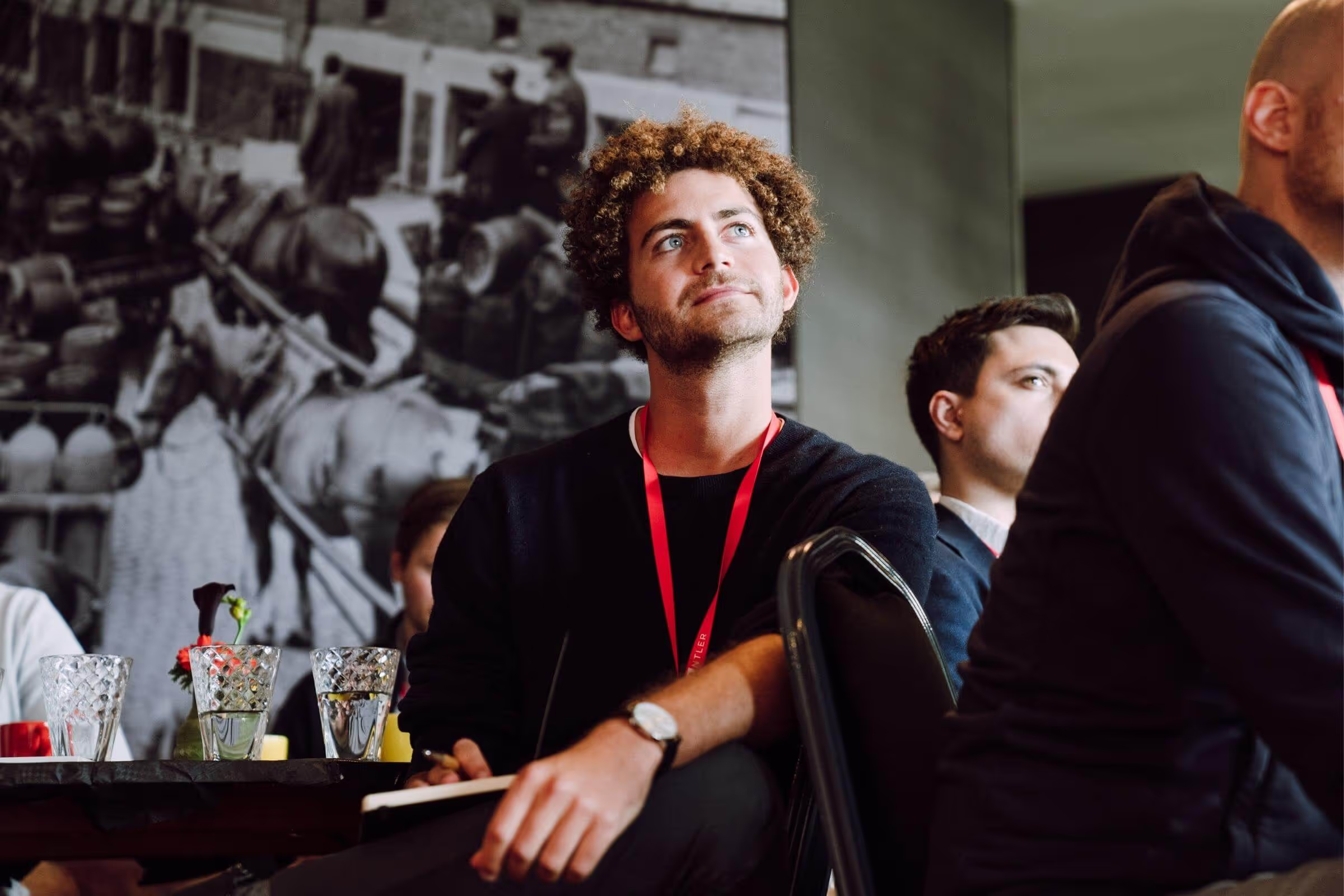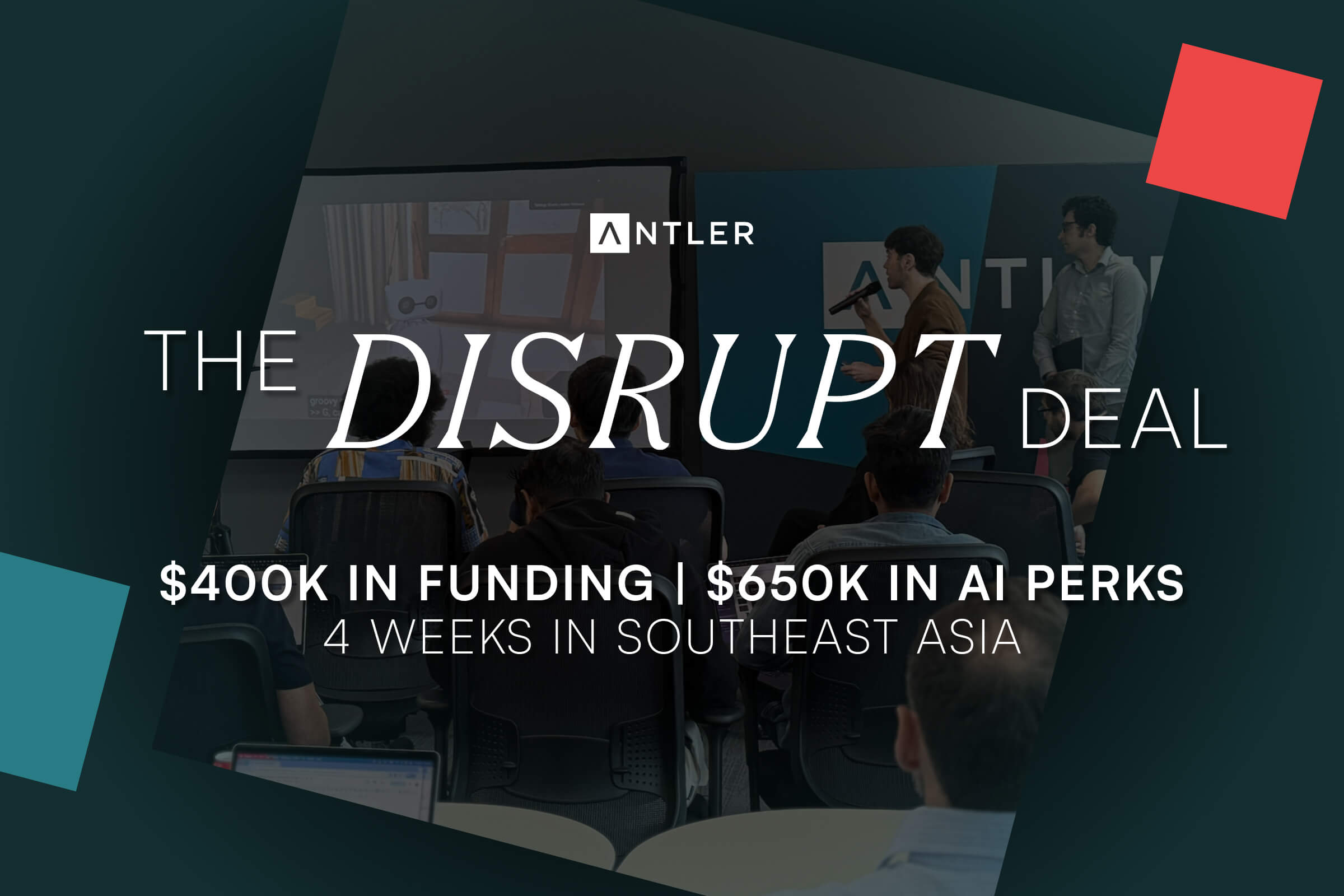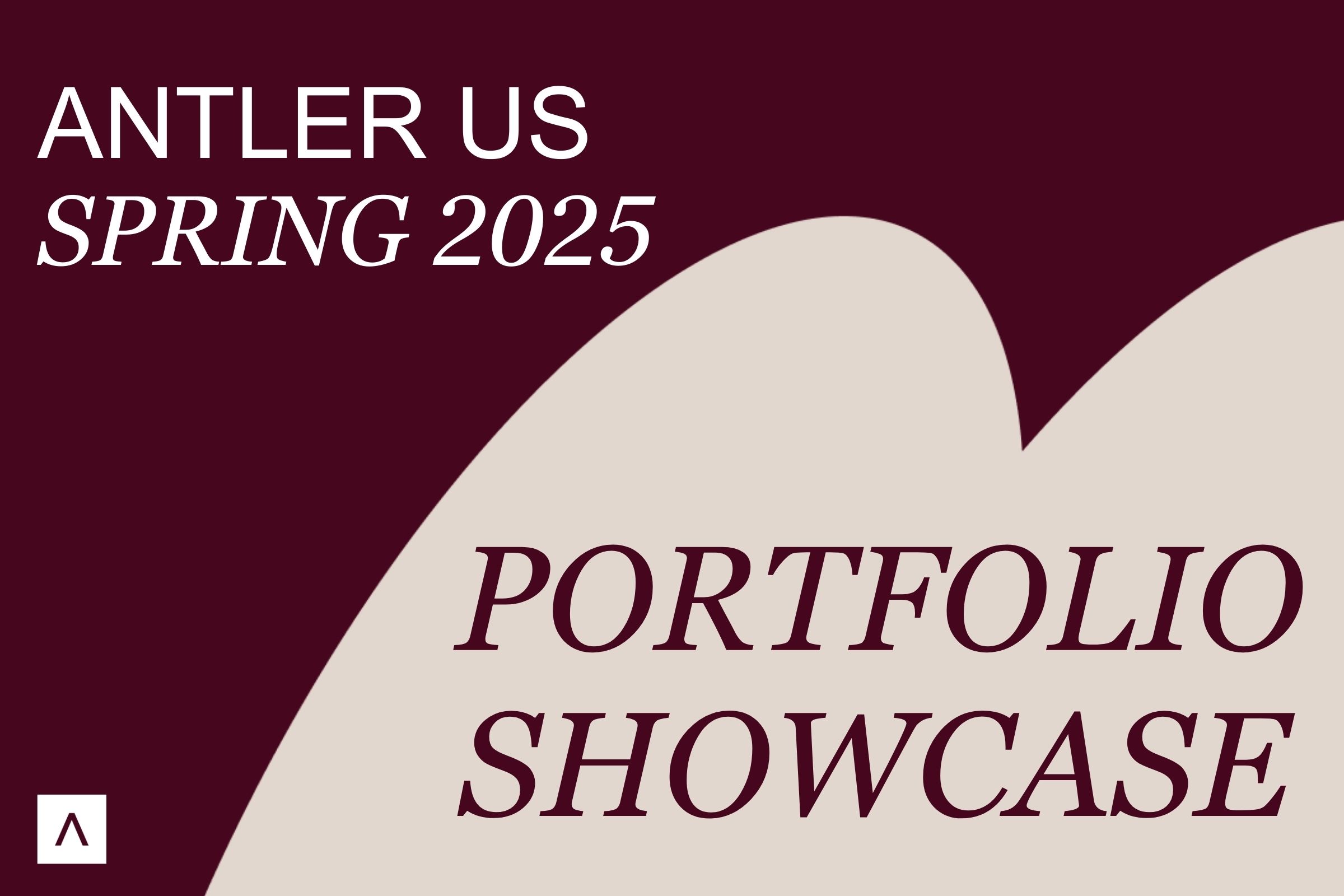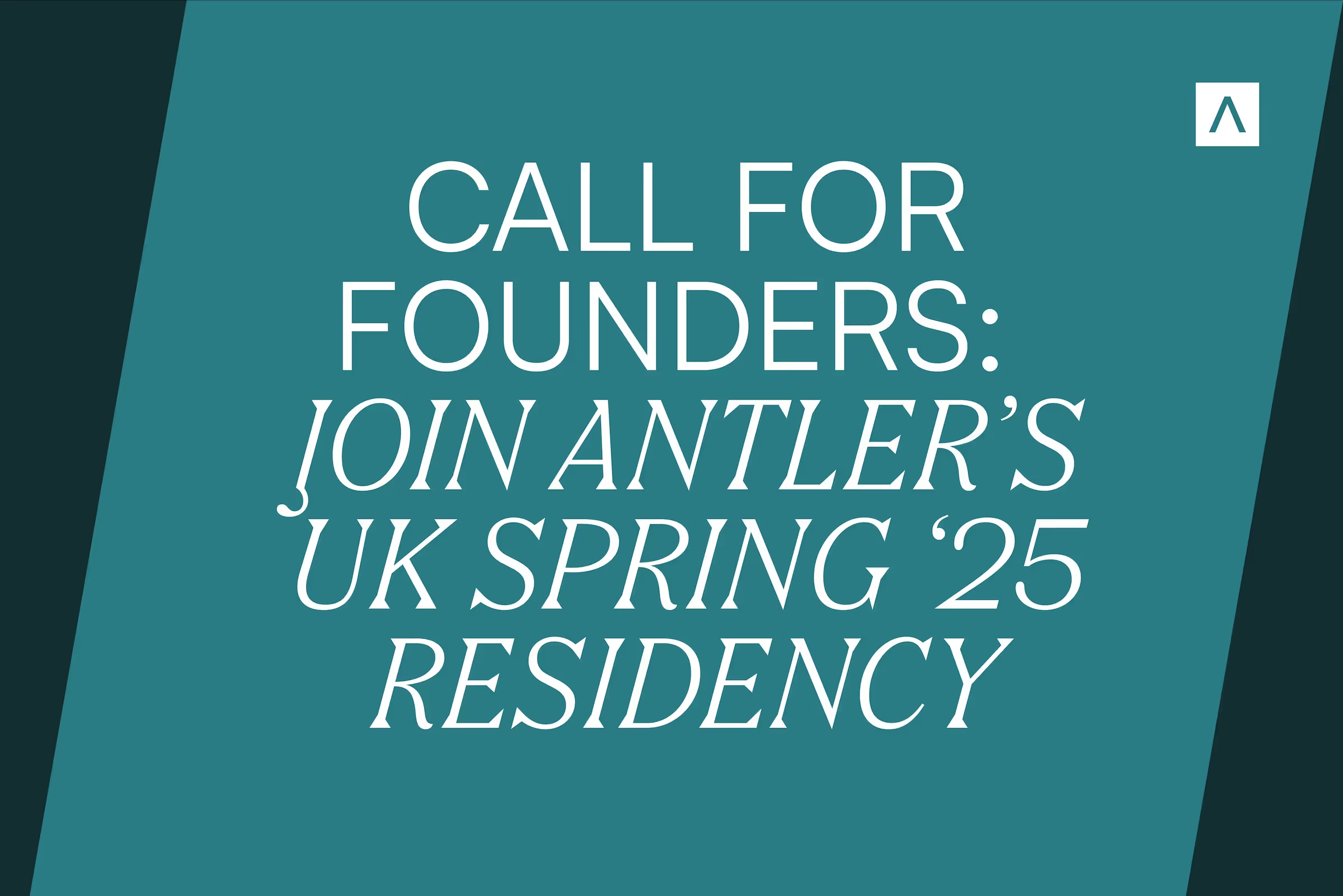It's Week 4 of the Antler Sydney program.
The clock is ticking, and everyone in the room is more ambitious than the next.
Design sprints provide a proxy for cofounder potential, and there's only so many "sprints" to run before people start coupling up. You're also sizing each other up over early morning coffees, daily design sprints, and after-work drinks.
It's exhilarating, but even for an extrovert like me, it's intense.
My strategy for the first few weeks was:
With that in mind, here are some lessons I think would be useful to future Antler founders.
1. Getting into the program early gives you a competitive edge
Antler starts the recruitment process months before kick-off, and if you get selected early on you get a head-start on readings, prep-work and most importantly, getting to know the other founders. I was one of the last people to join the cohort, and in a program where meeting people is everything, I felt I was playing catch up.
2. Great people + great ideas = tough choices
Antler was *too* good at their selection process. How can you choose a co-founder when everyone is so awesome? And how to pick what to work on? I don't think I was alone in being overwhelmed by all of the options.
3. You can think outside your 'domain expertise' box
Although some of us are "domain experts" in nutrition, medicine, finance, etc, it doesn't mean there aren't other areas that you know well and can add value. For example, I've worked on sprints involving:
All of these are opportunities I could get behind - if only I could choose (see number one.)
3. Narrowing down your interests saves you time
If I'd picked a few areas of interest to concentrate on it would have reduced the choice overwhelm and enabled me to quickly identify founders with similar interests.
I don't regret being open to other opportunities, but four weeks in, most teams who have "tracked out" are working on problems where their interests align; and those who haven't are now focusing on problems they know well.
4. You can try before you buy (your co-founder), so don't overthink it
Antler sets things up to be as risk-free as possible; a "try before you buy" trial period of several weeks to work together before you pitch to IC and incorporate your unicorn.
It's OK to couple up then decide it's not the right fit and joining a team early gives you an opportunity to start again if it doesn't work.
5. Falling in love with the problem is easier said than done
I think the phrase I heard the most in the first two weeks was "not to jump to solution mode, but..."
Everyone is there to build a big business so we're chomping at the bit to get started. But it's (rightly) being drilled into our heads that the problem comes first, and validation lies ahead. I've really tried to stay focused on the problem (or problems) to quickly rule things out or shortlist them.
6. Follow the money
I've been pulled up a few times when working in groups that were not "there yet" when identifying business models for problems; but the point of the program is to come up with a commercially viable idea in a big market.
So yes, there might be a problem - but if it's not going to make money, who cares?
7. Time spent at the pub is time well-spent
The design sprints are the main focus of the Antler program, but nothing beats getting to know someone over a beer. I want to like my co-founder as a friend because when things get hard, you have to trust the person has your back. All of the founders on my shortlist are people I've swapped war stories with over a pint.
8. Spread the love
It took me the first two weeks to get there, but once I stopped sizing everyone up so much and relaxed into my default state - getting to know people better and seeing if I could help them in some way - the experience has been much more enjoyable for me. Plus, I'm closer to finding my ideal match.
So don't be afraid to shift your focus to helping others. You can't force the process, so you might as well enjoy it.
So, what's next?
Antler encourages its founders to find a cofounder first, then find a problem.
I'm hoping the next week finds me tracking out with one or more of my shortlisted potential cofounders whom I can grow a lasting business partnership with.
We're in the final stages of finding a problem we're both passionate about solving.
But if it doesn't happen this week, next week brings fresh possibilities!
This article has been slightly edited for clarity and length. It was originally published by Liz Kaelin, an entrepreneur in Antler's second Sydney program, via LinkedIn. Read the original here.












